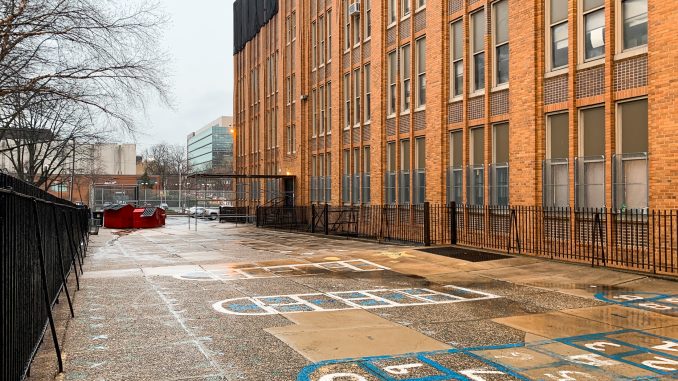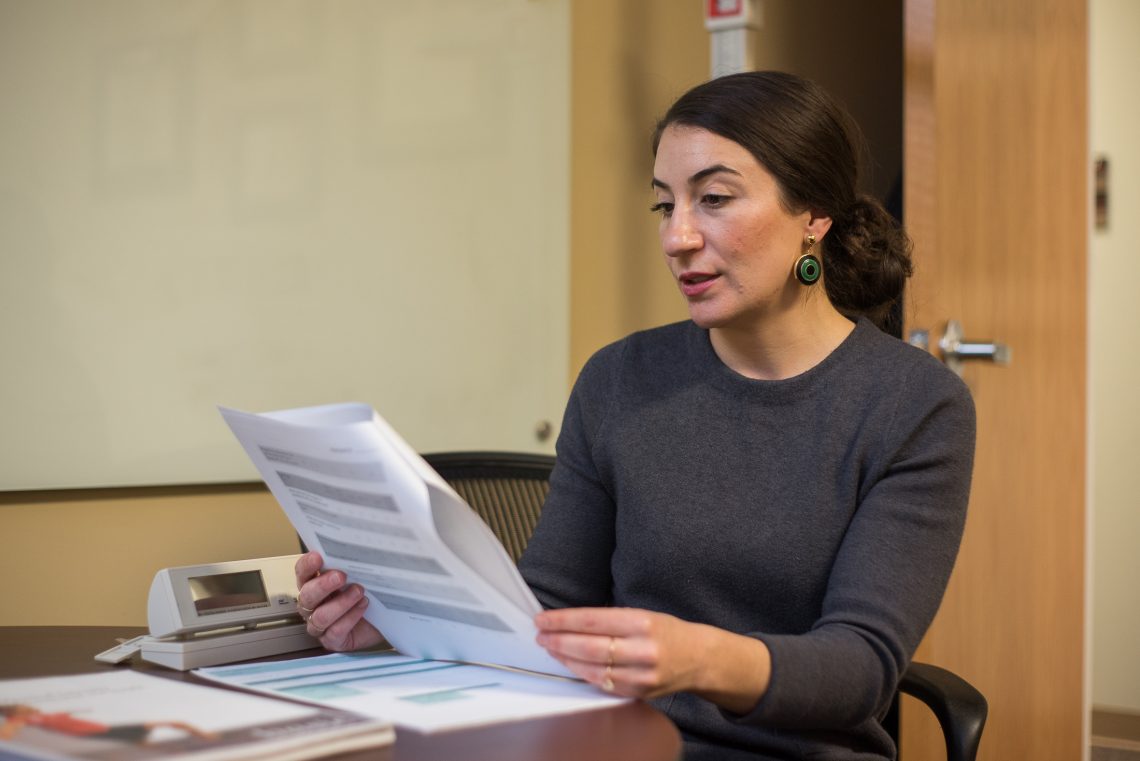
Only one in five of Philadelphia’s youth gets the recommended 60 minutes a day of physical activity, compared to another one in five who get no physical activity at all, according to a report from Game On Philly, an initiative to increase youth access to sports in the Philadelphia area.
Game On Philly, in collaboration with Philadelphia Youth Sports Collaborative, the School District of Philadelphia, and Temple University’s School of Sports, Tourism and Hospitality Management and College of Public Health will begin sports and health education programming for the city’s sixth to eighth graders beginning March 2.
With help from Temple, in addition to new funding from a federal Youth Engagement in Sports grant, the program is able to run, said Beth Devine, the executive director of PYSC, a youth sports networking group.
“I think just sort of the stars aligned because everyone was not only available to work on it, but interested,” Devine said.
General George G. Meade School, Dr. Ethel Allen School and E. Washington Rhodes Elementary will implement a full 12-week sports and health education programming. Samuel Gompers School, Paul L. Dunbar School and James R. Ludlow School will host only a two-week sports camp to be able to compare with the full program, said Gina Tripicchio, professor of social and behavioral science and a research scientist at the Center for Obesity Research and Education at Temple.
The program will be monitored by principal investigators, who test the effectiveness of it through physical assessments and surveys. STHM and CPH will work together to provide research and Temple student health coaches for the program, said Amy Giddings, academic director of the master of science in sport business.
“If [the children] are working with a positive adult that is engaged with them, cares about their development really seems to be helpful to them in a positive way, we think that the, you know, the opportunity for them to continue on and the interest for them to do that will be there,” she added.
In the full program students will be separated by gender and participate in a two-hour program four days of the week, with two days of sports programming and the other two of a health and fitness curriculum.
James Lynch, the executive director of athletics at the School District of Philadelphia, said the program will help ensure all students have an opportunity to benefit from learning sports.
“There’s a lot of things we can look at to see how the world of sport especially when it comes to scholastic sports, you know, prove that not true, but like really show and build the narrative and tell the story about how they do have a positive impact on a student’s overall success,” Lynch added.
PYSC will connect various nonprofit organizations to provide sports coaches to the schools. The program will also allow students to try out different sports, Giddings said.
The health and fitness curriculum emphasizes general physical fitness with activities like balance, stretching and strength training. It also integrates basic nutrition education led by Tripicchio, who will work alongside Temple student health coaches to teach the children about healthy eating and reducing sugar intake.

Gina Tripicchio, a professor of social and behavioral science and a research scientist at the Center for Obesity Research and Education, looks through materials for Game on Philly as part of Temple’s program with Philadelphia Youth Sports Collaborative at Temple University Hospital on Feb. 10. | JEREMY ELVAS / THE TEMPLE NEWS
“A lot of people don’t get the opportunity, right, to teach kids or interact with kids, especially as it relates to their fields of study,” Tripicchio added.
For Devine, it’s been proven that active children who have access to trained coaches have better long-term physical and mental health outcomes, yet that isn’t seen in Philadelphia, she said.
“We look at our city and there are kids who don’t get to participate because there aren’t enough programs or they’re not close to a rec center or they don’t have programs at school,” Devine added. “So, you know, our job is to just keep plugging away until there are programs in every neighborhood that kids can access.”
CORRECTION: A previous version of this story incorrectly stated the name of Dr. Ethel Allen School.


Be the first to comment